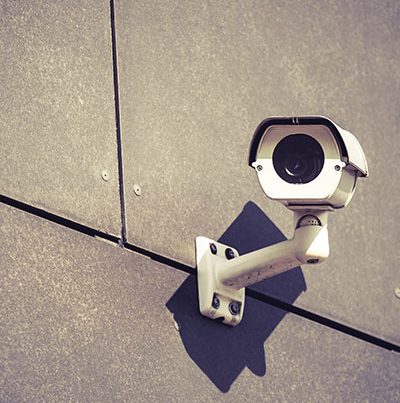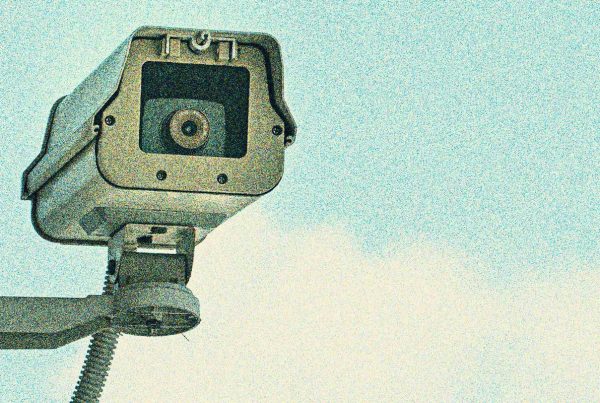CCLA’s voice was heard in the Supreme Court of Canada’s decision released today in R v Marakah and R v Jones. Decisions about reasonable expectations of privacy should be made based on principle, not based on the way technologies work. The Court has sent a clear message, in both of these cases, that individuals do have privacy interests in conversations conducted through electronic means.
The cases addressed questions around reasonable expectations of privacy in text messages once they have been sent and received. The cases also examined the related question of whether individuals should have the legal right to challenge the admissibility of those messages into evidence if the texts are no longer under their direct control.
The cases were not about – and CCLA did not argue – that police should never be able to use text messages in a prosecution. The cases were asking whether an individual’s privacy rights must be considered, and appropriate judicial authorizations acquired, whether the messages are on a sender’s device, or a recipient’s.
The right to privacy is protected under section 8 of the Charter rights against unreasonable search and seizure.
CCLA’s submissions to the Court had argued that having control over the phone or office where the message is found should not be the deciding factor when considering whether a person has a reasonable expectation of privacy in a text message. The Court agreed. CCLA explained that if police read messages that are from the individual, or the message speaks to the person’s biographical core – information that is intimately about them or connected to them – then that person should have standing (the right to be heard and raise arguments) about whether their privacy has been violated, regardless of whether he or she controls the device or system from which the messages are taken.
The Court concluded that Mr. Marakah did have standing to argue that his Charter-protected rights against unreasonable search and seizure had been violated.
In R v Jones, the Court again incorporated factors put forward by CCLA, and emphasized that a text is an electronic conversation and a private communication. The Court upheld the conviction, but confirmed that an individual who authors a text has a direct privacy interest in the content of electronic conversations that describe aspects of their biographical core.
CCLA is represented by Christine Lonsdale and Charlotte-Anne Malischewski of McCarthy Tétrault.
CONTACT:
Christine Lonsdale, Counsel for CCLA, McCarthy Tétrault
416-601-8019
clonsdale@mccarthy.ca
Brenda McPhail, Director of Privacy, Technology and Surveillance Project, CCLA
416-646-1406
bmcphail@ccla.org
Read CCLA’s factum in Marakah.
Read the Ontario Court of Appeals decision in Marakah and in Jones.
About the Canadian Civil Liberties Association
The CCLA is an independent, non-profit organization with supporters from across the country. Founded in 1964, the CCLA is a national human rights organization committed to defending the rights, dignity, safety, and freedoms of all people in Canada.
For the Media
For further comments, please contact us at media@ccla.org.





